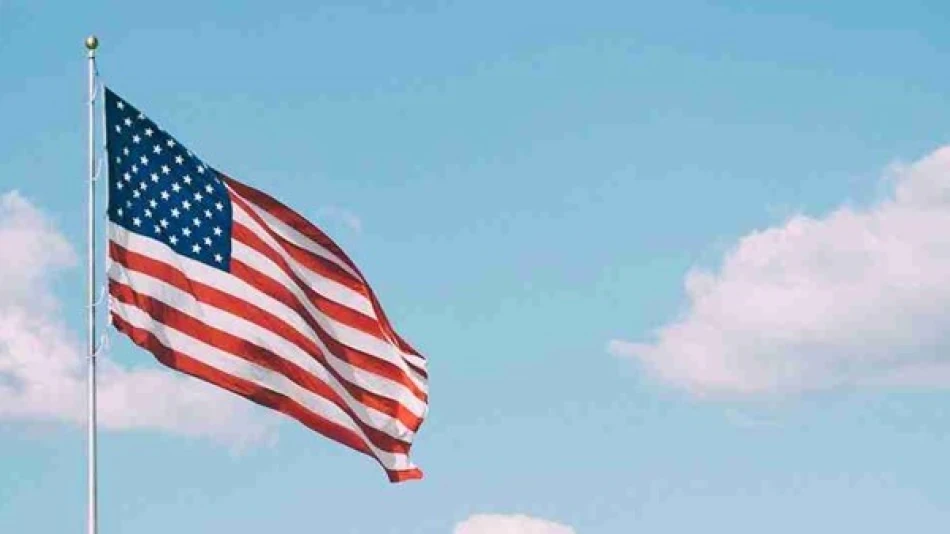
US Slashes Visa Validity for Select Applicants: Navigating the Latest Policy Shift
Trump Administration Moves to Slash Student and Journalist Visa Durations in Security Crackdown
The U.S. Department of Homeland Security announced sweeping changes to visa policies that will dramatically reduce the validity periods for foreign students and media workers. The new rules cap student visas at four years maximum and limit journalist visas to just 240 days, marking a significant departure from current practices that often grant multi-year permits tied to program duration or assignment length.
Student Visas Face Four-Year Cap
Under the proposed changes, international students will no longer receive visas covering their entire academic programs. Instead, they'll be limited to four-year maximum validity periods, even for doctoral programs that typically extend to five years or longer.
This represents a fundamental shift from the current system, where student visa duration aligns with academic program length. Doctoral candidates, who often require five to seven years to complete their studies, will now face mandatory renewal processes that could introduce uncertainty into their educational journey.
Implications for Higher Education
The change could significantly impact U.S. universities' ability to attract international talent, particularly in research-intensive fields where program completion timelines are inherently unpredictable. Universities may need to provide additional administrative support to help students navigate more frequent renewal processes, potentially increasing costs and bureaucratic burden.
Media Workers Hit with 240-Day Restrictions
Foreign journalists face even more restrictive measures, with visa validity periods slashed to 240 days. While extensions of another 240 days may be possible, the total duration cannot exceed the length of the journalistic assignment.
This marks a dramatic reduction from current practices. German journalists, for example, recently received visas valid for up to five years—a stark contrast to the proposed eight-month maximum.
Press Freedom Concerns
The shortened journalist visa periods could complicate long-term reporting projects and investigative work that requires sustained presence in the United States. News organizations may need to factor additional visa processing time and costs into their coverage planning, potentially affecting the depth and continuity of international reporting on American affairs.
Enhanced Screening and Bureaucratic Hurdles
All visa extensions will require applications through U.S. Citizenship and Immigration Services, which will conduct additional background checks. This creates multiple touchpoints for security screening but also introduces potential delays and administrative complications.
The enhanced vetting process reflects the Trump administration's broader emphasis on immigration security, following similar restrictions implemented across various visa categories since 2017.
Broader Immigration Strategy Context
These visa changes align with the administration's systematic approach to tightening immigration controls across multiple sectors. The policy mirrors restrictions placed on H-1B work visas and reflects growing scrutiny of foreign nationals in sensitive sectors like technology, academia, and media.
The timing suggests these measures are part of a coordinated effort to increase oversight of foreign nationals whose work might involve access to sensitive information or critical infrastructure, even in traditionally open academic and journalistic contexts.
Economic and Diplomatic Ramifications
International education contributes approximately $45 billion annually to the U.S. economy, with foreign students supporting hundreds of thousands of American jobs. The additional bureaucratic hurdles and uncertainty could accelerate the ongoing trend of international students choosing alternative destinations like Canada, Australia, or European countries with more streamlined visa processes.
For media organizations, the restrictions may strain relationships with international news outlets and could prompt reciprocal measures from other countries, potentially limiting American journalists' access abroad.
Most Viewed News

 Layla Al Mansoori
Layla Al Mansoori






